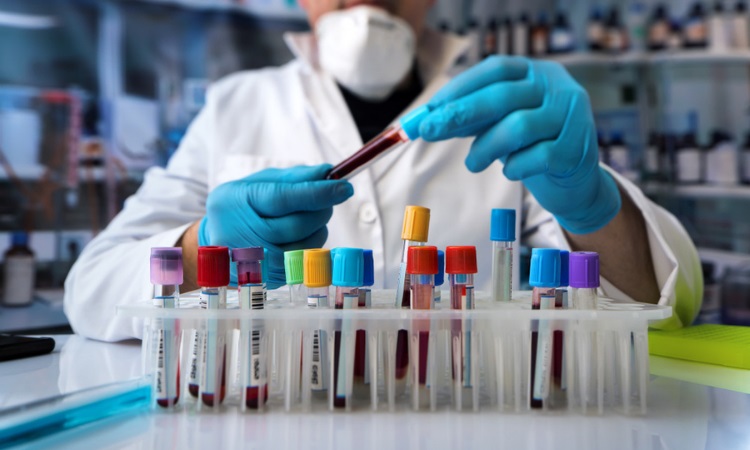If your doctor diagnoses you with a blood disorder, you may encounter the term “hematology.” But what is this field of medicine, exactly? And what do hematologists diagnose?
If your doctor diagnoses you with a blood disorder, you may encounter the term “hematology.” But what is this field of medicine, exactly? And what do hematologists diagnose?

Hematology is the study and treatment of disorders that affect the blood, bone marrow and lymphatic systems. Physicians who specialize in hematology are called hematologists. They regularly work with patients who have hematological diseases. However, they can also perform a variety of lab work, such as checking bone marrow samples and blood films under the microscope. In some cases, they may manage medical facilities and not interact with patients directly.
Cochise Oncology’s hematologists can diagnose a vast array of conditions, including:
In most cases, hematologists will take blood samples and evaluate them in a laboratory to diagnose your condition. A complete blood count, for instance, lets them identify and monitor disease. Usually, they will take a sample from a vein or the tip of your finger and then check for levels of various blood cells and platelets. Sometimes, they will check your prothrombin time – a measure of how long it takes your body to form a clot in response to a pin prick. And they may also perform blood transfusions to replace lost blood after surgery or apply chemotherapy for various fast-growing cancer cells.
Usually, a general practitioner will refer you to a hematologist for further study if they suspect that you might have one of the conditions listed above. However, in some cases, you might have symptoms that warrant further investigation by a hematologist independently.
If you are experiencing unexplained episodes of weakness, dizziness, fatigue or shortness of breath, or you have pale, yellowed skin, you may have anemia. This condition occurs when you do not have enough red blood cells, or when your red blood cells malfunction, and can’t carry sufficient oxygen around your body.
You may also need to seek a hematologist’s help if you have blood cancer. These typically arise in the bone marrow – an area the body uses to create multiple types of blood cells. Leukemia, for instance, is a cancer that leads to abnormal white blood cells, incapable of effectively fighting disease. Lymphoma is another type of cancer that disrupts the lymphatic system’s ability to drain the body of fluid, impeding your ability to fight infection.
Hematologists have the necessary expertise to identify these diseases and provide a suitable course of treatment.
Are you ready to learn more about hematology? Reach out to Cochise Oncology at (520) 803-6644 or fill out the consultation form on this page. We look forward to meeting you!
Take the first step towards personalized care informed by National Comprehensive Cancer Network by scheduling a consultation. Let us listen to you and create a tailored plan for your individual journey. Fill out a form to connect with us. Cochise Oncology will stand with you.